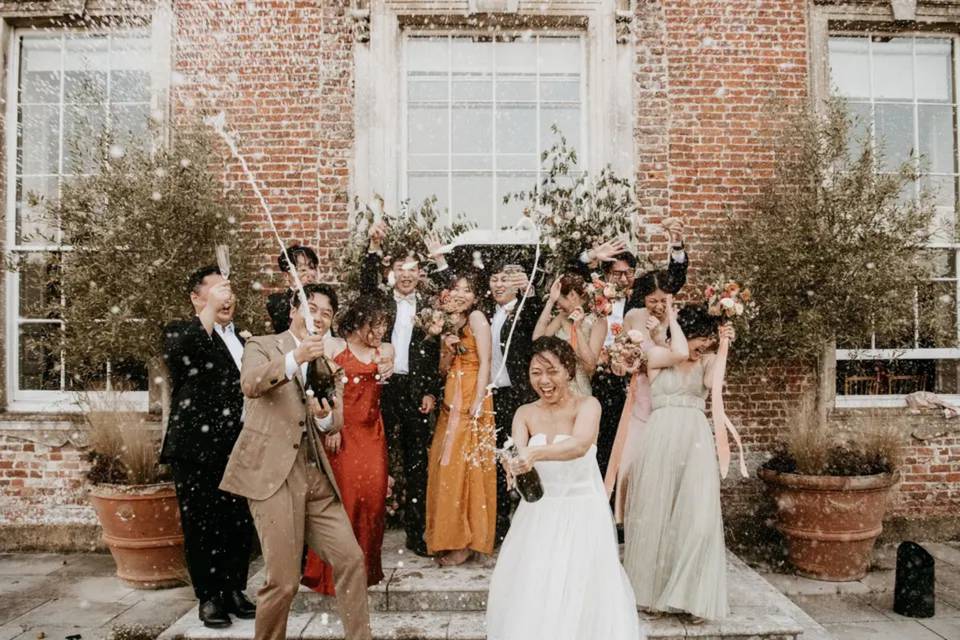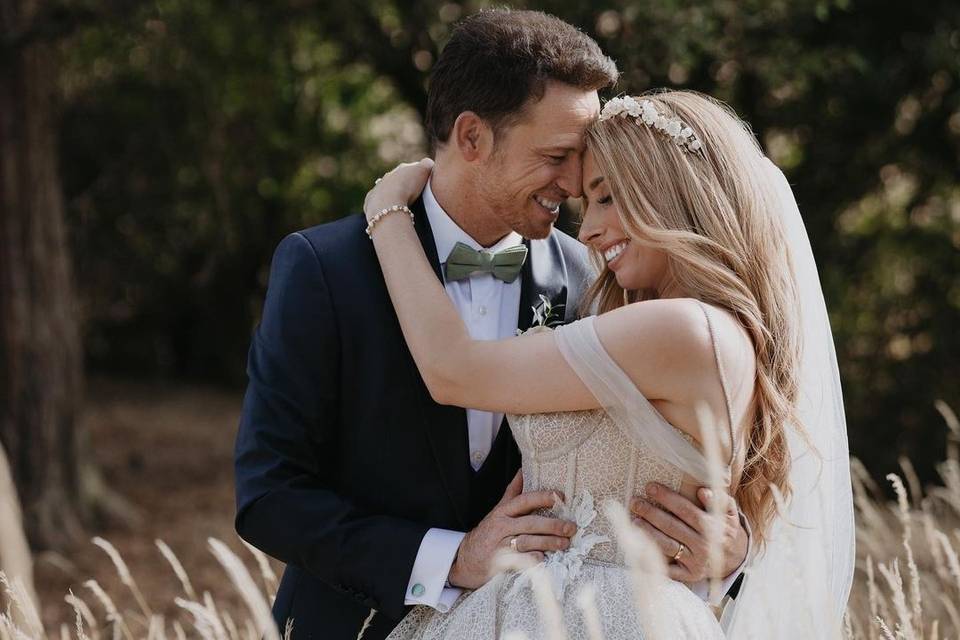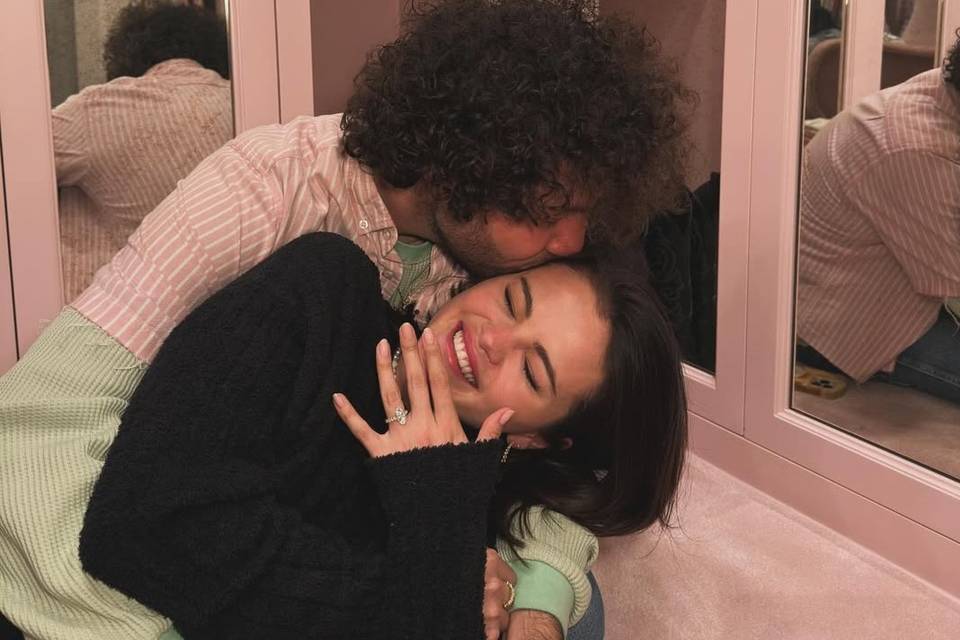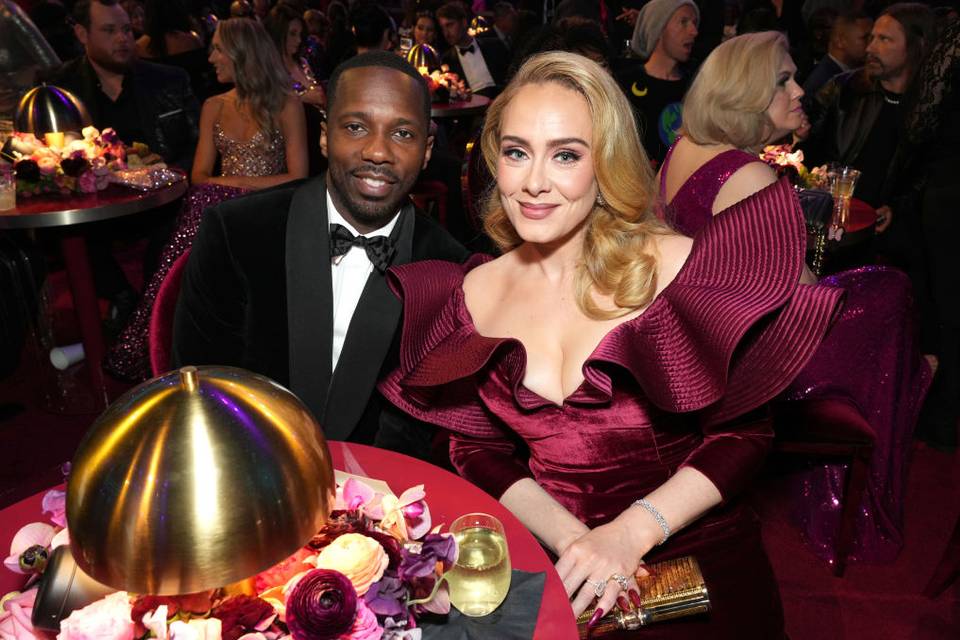Why Won't Barbie Get Married? We Explore Her Complex History with Weddings
Barbie is having a renaissance as a modern-day feminist icon - so why isn't she looking at marriage with a modern view? Hitched Editor Zoe explores Barbie's attitude to marriage with a Barbie expert
We have included third party products to help you navigate and enjoy life’s biggest moments. Purchases made through links on this page may earn us a commission.


For many children growing up, playing with Barbie was a rite of passage. Hitched Editor Zoe Burke grew up constructing elaborate Barbie worlds, where Barbie would change outfits, jobs, and homes - but was always true to Ken. She’s asking, in a world where Barbie has it all, why is marriage not for her?
Apparently, Barbie will never get married. According to the wishes of Barbie creator Ruth Handler, part of Barbie’s appeal to young children was that she defied patriarchal norms, and would never walk down the aisle toward Ken or have children.
I’m sorry to say, Ruth, but that wasn’t how we played it. A recent survey of the Hitched Instagram community revealed that 72%* of today’s nearlyweds had made their Barbie get married, which suggests that decades after Barbie broke boundaries, children were still acting out the notion of a ‘happy ever after’.
You can buy Barbie wedding dresses - even a full Barbie wedding set, with a bridal Barbie and a suited and booted Ken, games where you could design Barbie bridal gowns (90s kids will know!) and Barbie has collaborated with the likes of Vera Wang and Oscar de la Renta to create wedding dresses, but she will never been known as a Mrs herself.
I wondered, with marriage having very different connotations now, compared to Barbie’s launch in the late 50s, if that would ever change. I’m (obviously) a passionate advocate for modern marriage, and I hate to think of it being dismissed - especially by a cultural icon.
I caught up with doll collector and Barbie historian, Rhia Waltman (who shares fascinating Barbie trivia on her TikTok channel - @arthurhia) to ask more about Barbie and her complicated attitude to marriage.
“Barbie was released in 1959, during a time where the majority of women in America were housewives. Societal pressures around marriage had also increased at this point, as the US was regularly using nuclear families and the image of a happy, American housewife as propaganda during the Cold War.
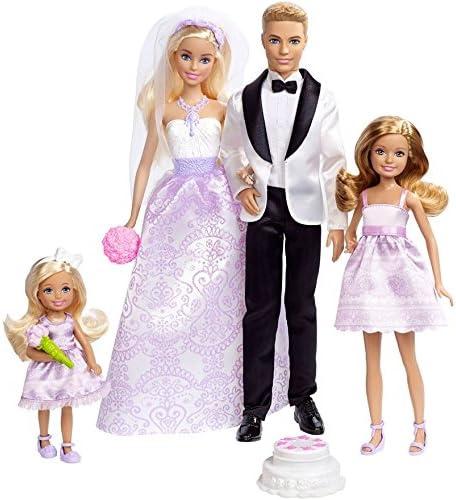
“The average age to get married in the US was 19 at that point, and once married women would start a family right away. This is why all of the dolls sold before Barbie were baby dolls, as they helped prepare girls for the mother role that they were expected to take on when they were grown up. There wasn't much room for girls to aspire to be anything other than a mother.”
So far, so grim. But Ruth Handler - a married mother of two, who also worked - had a different idea. Wanting more for her daughter than marriage and babies (something she described as ‘awful’), she wanted to challenge the narrative. “She realised that play could be a way to help other girls have ambitions outside marriage and motherhood when she came up with the idea for Barbie,” explains Rhia.
“It's important to note that one of the very first outfits sold for Barbie was a wedding dress, which was a very strategic choice made by Ruth and Barbie's fashion designer Charlotte Johnson.
“Mothers were still a bit nervous about Barbie, but a wedding dress showed that Barbie could still train girls to want to get married in the future. Ruth had already decided at this point, however, that Barbie was not going to actually get married. If Barbie were married then she would be expected to be a housewife, and if she was a housewife she would be expected to have children. Having her as married and pursuing careers would have caused a lot of controversy and boycotts, so it was better to dodge that.”
You might wonder what the point of Ken is, if Barbie was destined to become an independent career woman, free from the pressures of societal expectation. It seems even Ken wonders what the point of Ken is, if the Barbie film is anything to go by.
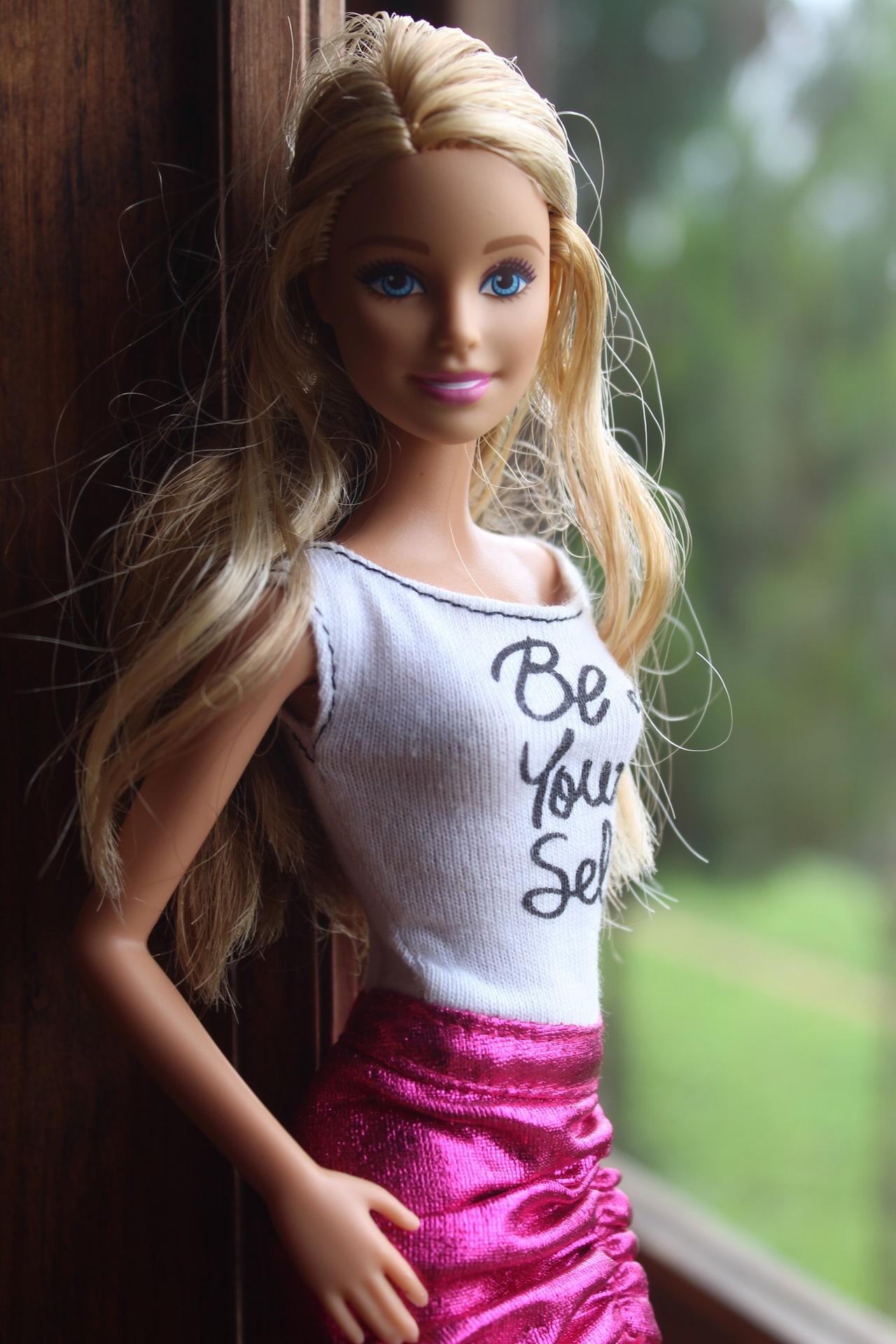
“Ken and Skipper gave Barbie a steady love interest and a child to take care of. Now, with both Ken and the wedding dress, children could play out a wedding and pretend the two were married, but children who didn't want Barbie to be married didn't have to feel pressured,” Rhia elaborates.
This all makes sense for the 50s and 60s, but as women became more empowered and attitudes to marriage shifted and changed, does that impact Barbie’s attitude towards marriage? Surely in modern times where marriage is just a formal recognition of your relationship, and a celebration of love - not a contract to bear children and bake pies - Barbie and Ken could commit? Barbie expert Rhia is not convinced.
“Let's get into why Barbie herself still won't get married. First of all there's the element of play. Having Barbie actually get married would generally force play in that direction. This is generally considered a no-no with toys because they should be as much of a blank slate as possible to encourage more creativity, but it's even more of a no-no with Barbie since she's supposed to be a blank slate to project future ambitions on.
“Some children have ambitions to get married, while others don't, so Barbie remains in a limbo where the wedding dresses and sets are still there for those who want to play out the scenario without actually having her as married. You can also see how this affects most Barbie media, where Barbie is nearly personality-less and her only defining trait is that she's kind.
“She's not so much a character as she is a mirror for children to see themselves in, hence why Barbie has a million careers and none are explicitly treated as a canonical career because Barbie can be whatever you want, and she also doesn't have to be all those things if you don't want her to. Barbie's friends are fair game for Mattel to push boundaries and storyline more because they're not the face of the brand and changing their storylines permanently doesn't affect play on as much of a wide scope as Barbie would.”

This explains Barbie’s married pal Midge, at least. But the idea of not limiting gameplay makes sense, as Rhia can attest: “As a personal comparison, for me Barbie was never married when I played with her, and I think I would have been pretty mad if she was supposed to be married because I did not like Ken when I was a kid. Not for any personality reasons, I just thought Ken was so ugly I didn't get why Barbie was dating him.
“I usually pretended she was dating a Teresa doll instead, who I would ‘pretend was a man’. Turns out I'm gay, who would have known?!” This is a really valid consideration - and makes me further question the romance suggested between Barbie and Ken. Does Barbie need a canonical relationship at all?
The element of free play without boundaries or restrictions allows children to build the reality they want for their dolls. For me, marriage and weddings were part of daily play - and now marriage and weddings make up about 90% of my waking hours, so go figure. I asked Rhia for more insight around bridal Barbies and whether she knew much about the impact they had on children - after all, creating a doll designed to dissuade against marriage who wears wedding dresses feels a bit confusing…
“Mattel has released a wedding dress for Barbie almost every single year since she was created, which is a tradition that's still going! I have heard of people buying the Barbie wedding sets as wedding gifts or to use as cake toppers.
“Barbie has also collaborated with famous designers for collectors wedding dolls, most notably Vera Wang who has designed bridal Barbies quite a few times. There's a lot of other collector wedding dolls, including my favorite series the Wedding Flower Collection which are porcelain Barbies in wedding gowns inspired by flowers!
“Mattel also regularly produces Barbies depicting famous brides, such as Grace Kelly, Liz Taylor, Kate Middleton and William, Elvis and Priscilla, and more! Several Barbie movies have ended in weddings, those ones being Rapunzel, Swan Lake, Princess and the Pauper, 12 Dancing Princesses, Island Princess, and Fairy Secret. Doll sets of these characters in their wedding attire were created for all films, too.”
It sounds like, despite marriage being off the table for Barbie (and has anyone sought Ken’s view on this? Do we even care?), it’s not for Mattel. Rhia sums it up pretty well when she tells me: “Marriage and family are no longer considered off limits to dolls within the Barbie universe because marriage and family is no longer considered an expectation that girls HAVE to pursue when they grow up.”
*Poll on the Hitched Instagram story - 14/07/2023



